


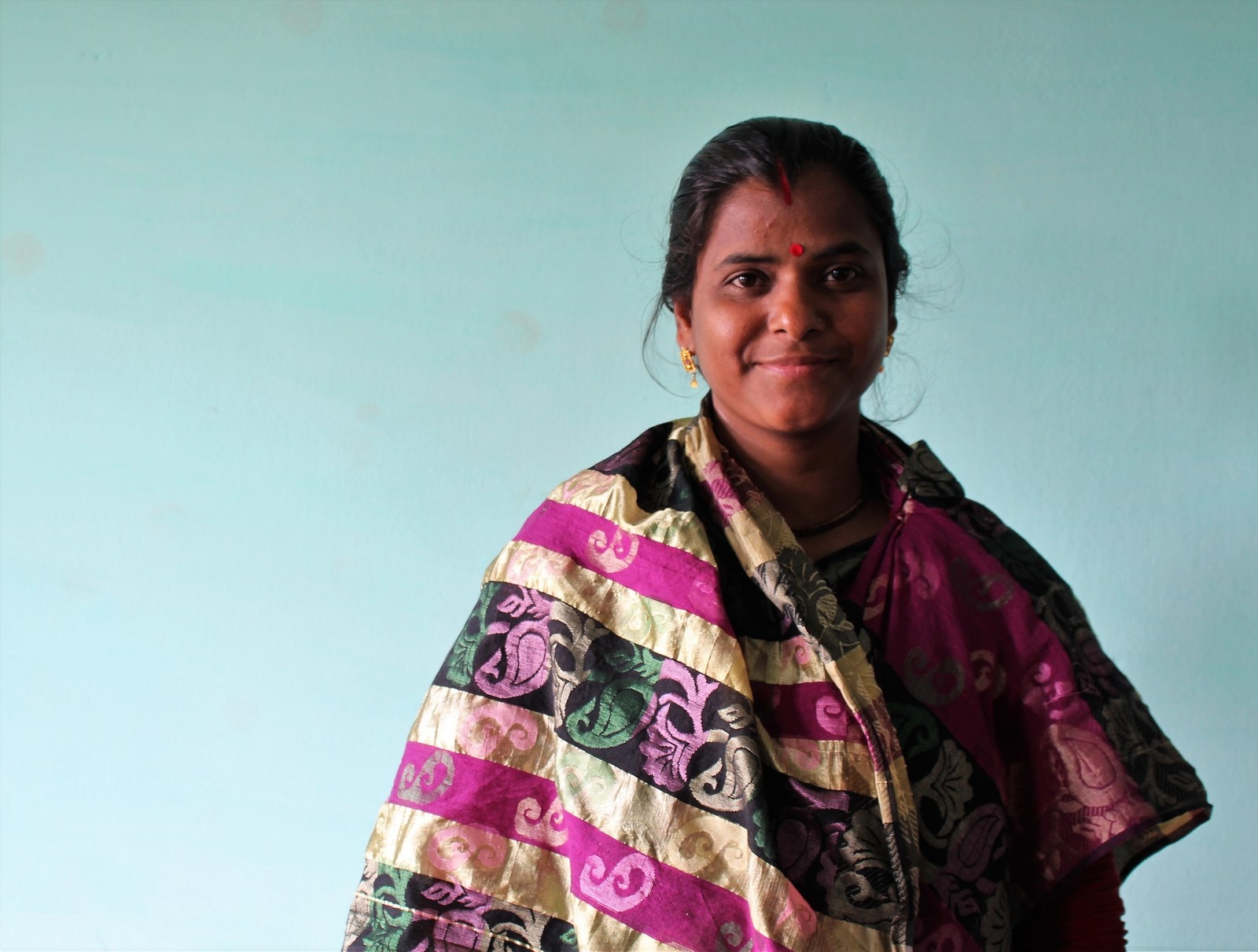
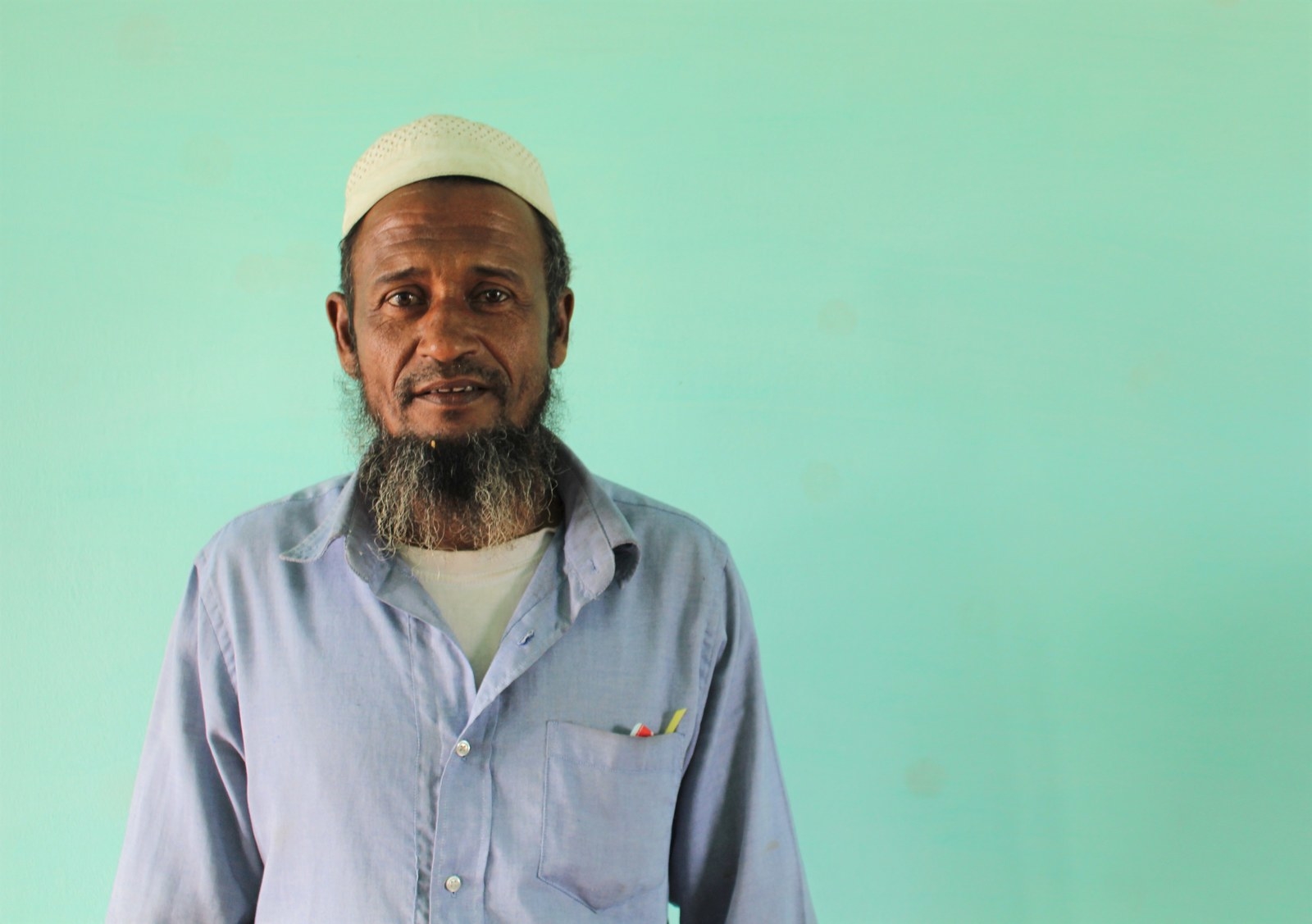
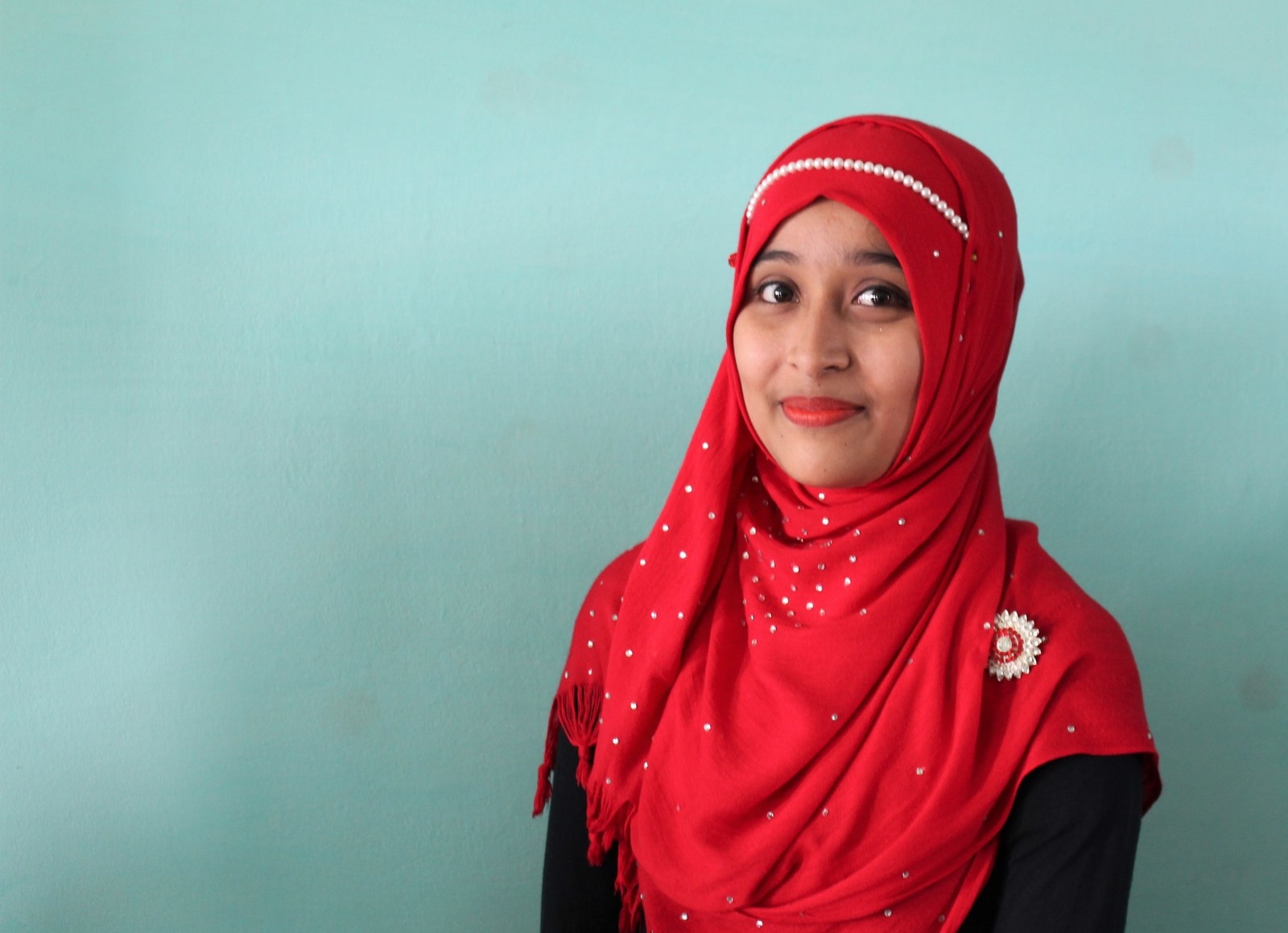
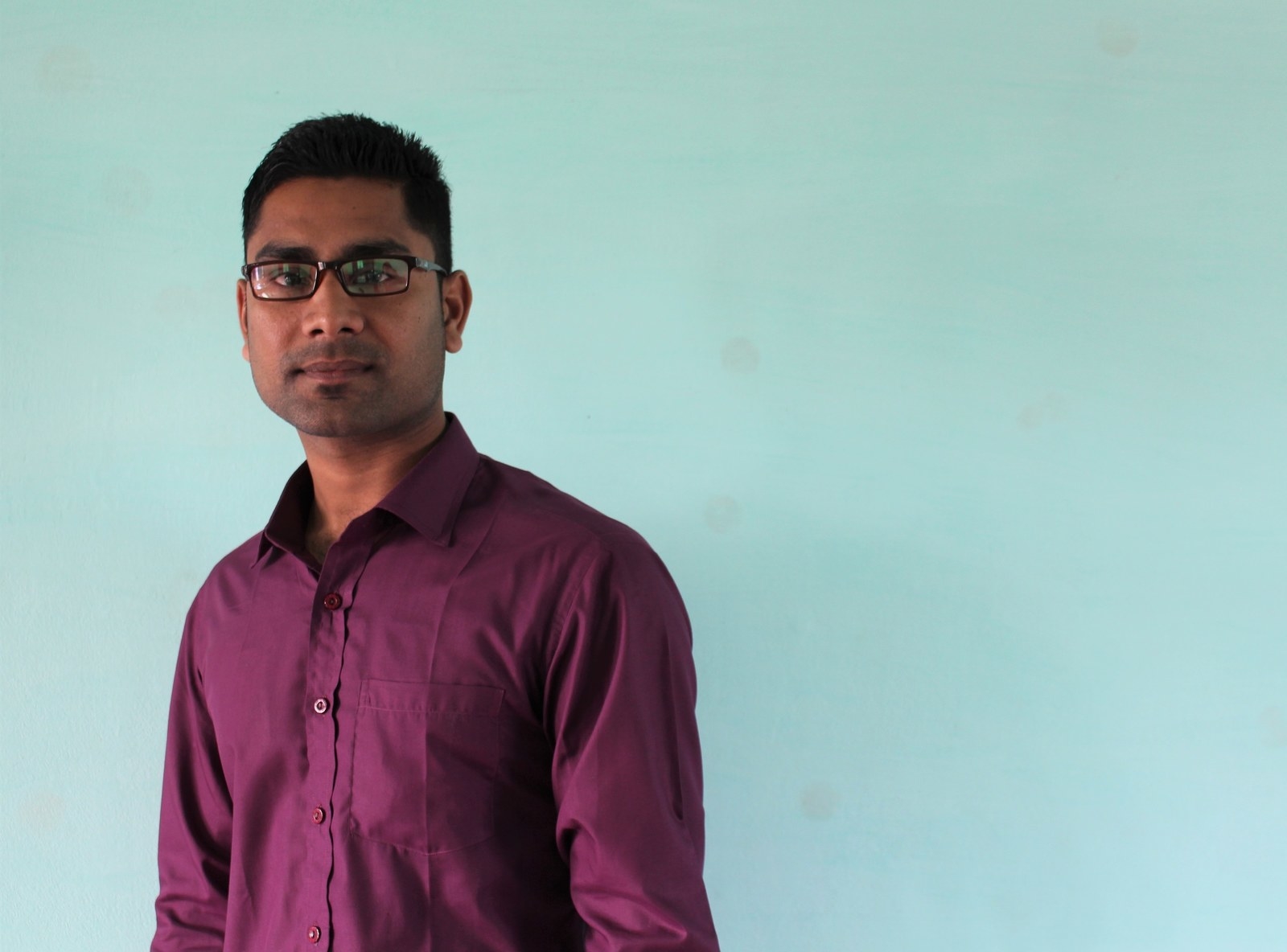
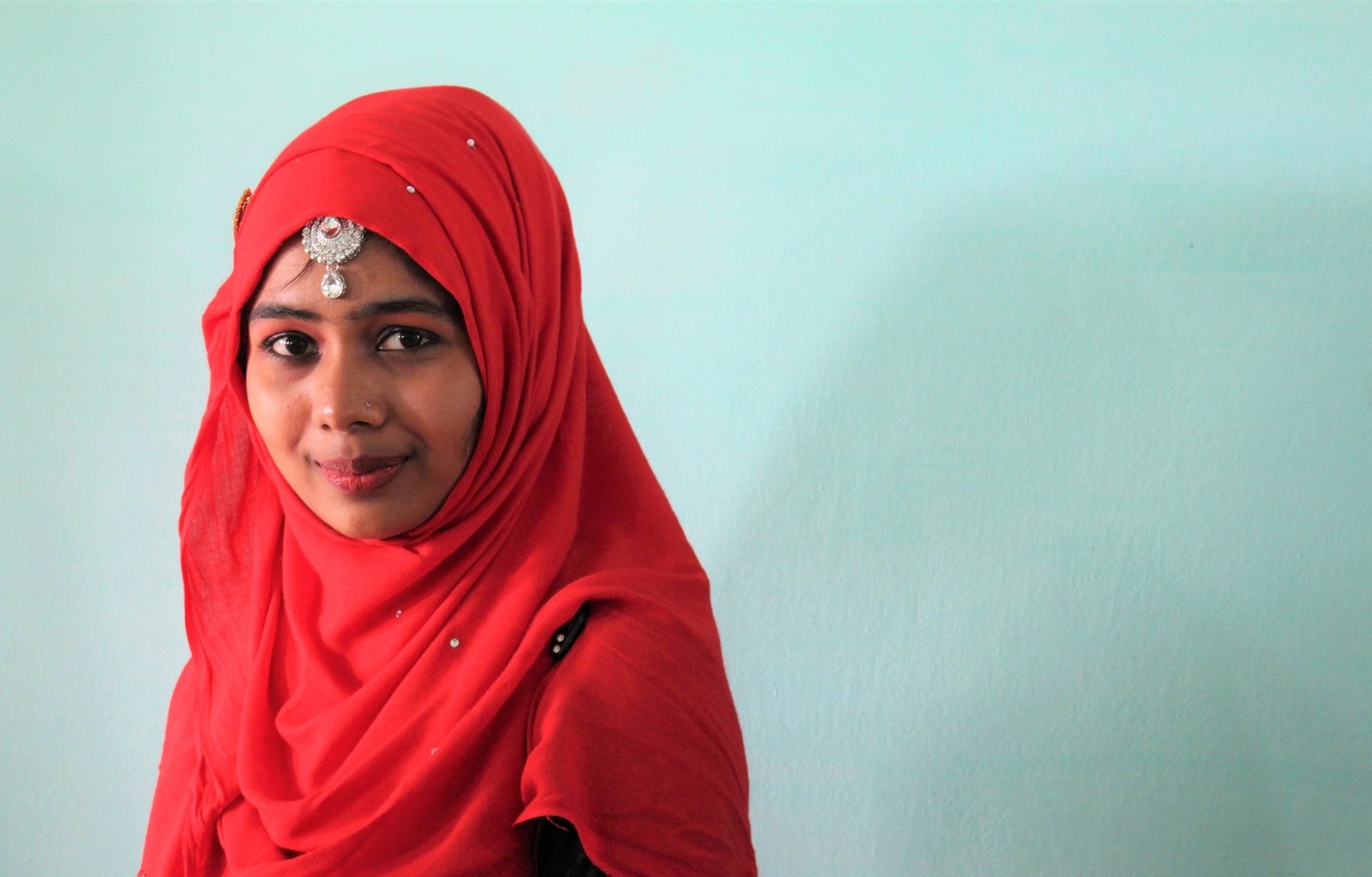
February 21st 1952, DHAKA. The fallen bodies of students and teachers lie scattered amid a campus-turned-battlefield, as tear gas lingers in bloody hallways dyed a crimson hue. A few hours earlier, a peaceful group of protesters - made up mainly of students and teachers - had gathered around Dhaka University to protest for the recognition of the Bengali language and were brutally killed by armed police. Following the 1947 partition of India, the Bengali speaking people of East Pakistan faced widespread discrimination and economic exploitation - despite forming a majority of the national population. A key resolution at a national education summit in Karachi advocated Urdu as the sole state language, and its exclusive use in the media and academia. The Pakistan Public Service Commission removed Bengali from the list of approved subjects, as well as from currency notes and stamps. Opposition and protests from the Bengali speaking majority immediately arose and on this fateful day, many died defending the Bengali language for future generations to come. This sowed the seeds of the 1971 War of Independence which led to the creation of the People's Republic of Bangladesh. Today, International Mother Language Day acts as a tribute to those who lost their lives whilst celebrating the ethno-linguistic rights and cultural diversity of people worldwide. Here’s what current students and teachers in Bangladesh had to say about what today means to them.

“If it weren’t for the Language Martyrs, we wouldn’t be here today. Bangladesh is the only country in the world that was founded on the right to speak its own language.” Shamima Nasrin (Age 26)

“My favourite word in Bengali is doya, which means kindness. More than anything else right now, the world needs kindness.” Tasnim Akhter (Age 17)

“Language is the most powerful instrument of preserving our culture and heritage. International Mother Language Day is a great triumph for Bangladesh and inspires solidarity around the world based on dialogue, tolerance and understanding.” Mohammad Warid Ullah (Age 31)

“I don’t have a lot but one thing I can always give is a smile. The Bangladeshi people are abundant in smiles.” Sremoti Rani (Age 40)

“The Quran teaches us that we were created from nations and tribes so that we may get to know one another.” Sonai Miah (Age 50)

“What I like most about learning is that no one can take it away from you. Everything you learn is yours to keep.” Naima Begum (Age 18)

“Math is my favourite subject. I like that wherever you are in the world, one plus one always makes two.” Enamul Haque (Age 29)

“We all laugh and cry in the same language.” Tania Begum (Age 18)
